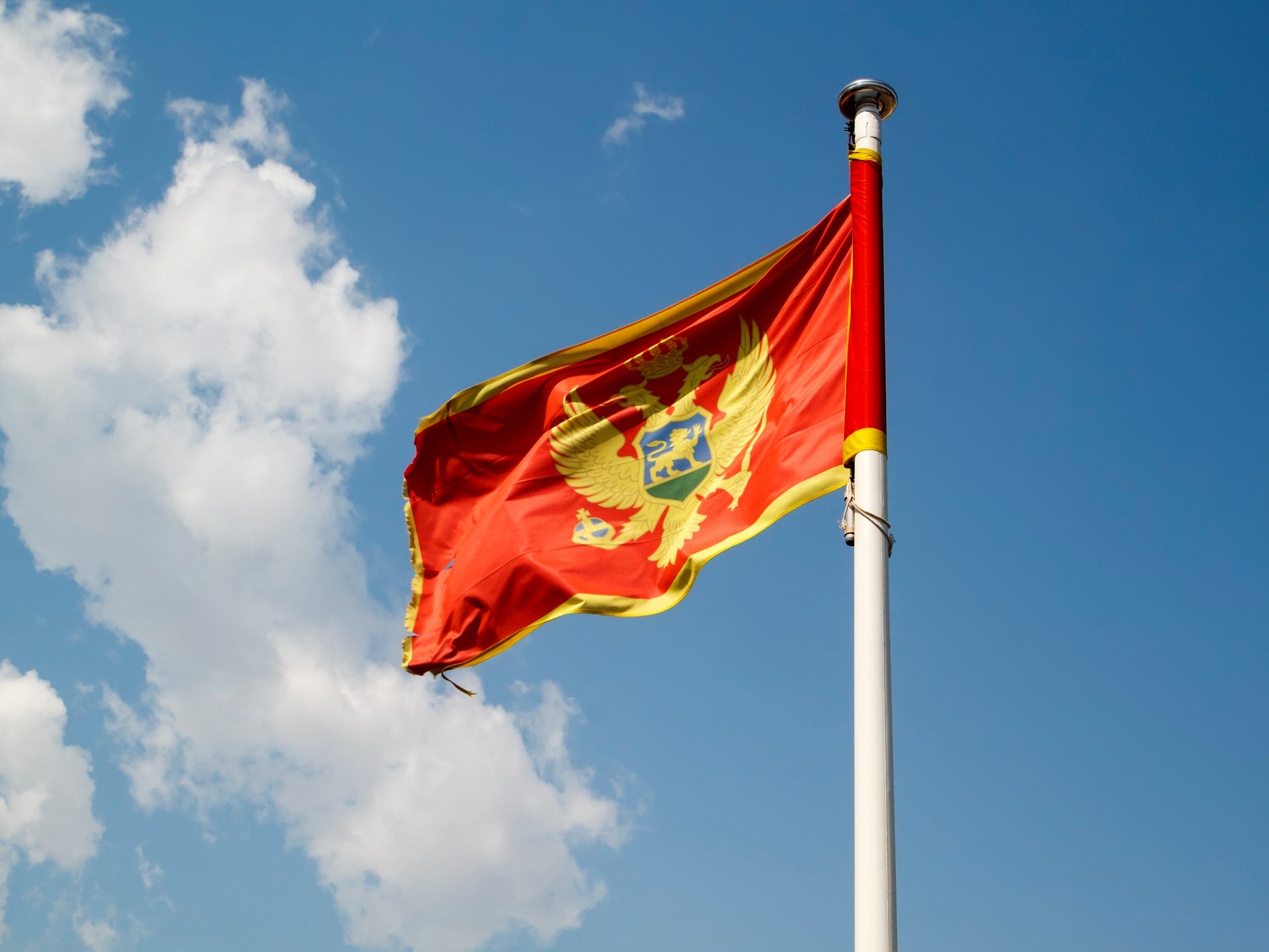
Montenegro hopes to join the European Union and the euro zone in 2028, Prime Minister Milojko Spajic announced on Tuesday.
Spajic said the small Balkan nation, whose economy nearly doubled in the last five years, was also looking to sell fresh government bonds to institutional or retail investors.
The EU has intensified its efforts to bring in new members since Russia's invasion of Ukraine in 2022, saying the outbreak of war has highlighted the danger of having "grey zones" just outside the bloc that are not firmly part of the West.
Spajic said the goal was to meet the European Commission’s remaining criteria, mainly relating to building up institutions, by the end of next year and to start accession talks in 2027.
The final approval for Montenegro’s entry, which began accession talks with the EU in 2012, would then rest with the 27 existing members.

"If we have 27 hands supporting our candidacy, we are hoping to see ourselves in the EU in 2028," he said after meeting German businessmen and politicians.
Spajic hoped Montenegro, which adopted the euro well before gaining full independence from Serbia in 2006, would also be admitted at the same time to the euro area, a club of 20 countries that have a seat at the European Central Bank.
Under EU rules, this will require it to keep its inflation and long-term interest rates within a given spread of those of the euro area's best-performing members.
Inflation in Montenegro, which imports more than it exports, including energy and food, averaged 3.1 per cent in the 12 months to July, above the euro area and EU averages.

Economic output, however, has grown to 7.8 billion euros last year from 4.2 billion in 2020, Spajic said.
Net salaries doubled from 500 euros in early 2022 to 1,000 euros this year, thanks to tax cuts, he added.
But the Montenegrin central bank raised some questions about the government's revenue and debt projections last year.
Spajic, a former Goldman Sachs credit analyst, defended his government's performance and the reciprocal independence of the executive branch and the central bank.
"Our deficit is around one per cent for the first eight months of the year," he said.
He said his government was weighing new debt sales to institutional investors in London, Frankfurt or Tokyo, or a retail bond for the domestic audience.
Poland ‘closest to conflict since WWII’ after Russian drone incident: Ukraine live
France's finances are in turmoil. Here's how it came to this
Suspect convicted of murder in knife attack at German festival and sentenced to life in prison
Man arrested after stabbing teacher and student at school in France
Explosions in Vilnius after railcars loaded with liquefied gas catch fire
Why Russian drones over Poland are so dangerous for the world







